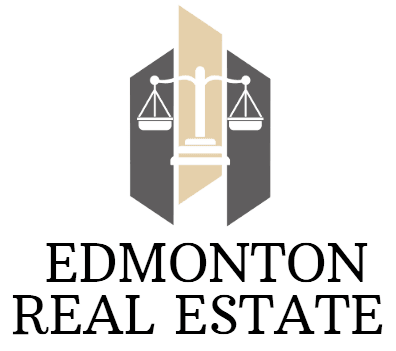Real estate transactions in Edmonton, like in many other jurisdictions, are governed by a set of regulations and laws that ensure transparency, fairness, and legal compliance in property dealings. These regulations encompass a wide range of aspects, from property ownership and transfers to zoning regulations and disclosure requirements. Understanding and adhering to these regulations is essential for both buyers and sellers to navigate local real estate transactions successfully. In this article, we will delve into the real estate regulations in Edmonton and provide legal insights for local transactions.
Property Ownership and Transfers
Property ownership and transfers are governed by legal frameworks designed to protect the rights of both buyers and sellers. In Edmonton, these regulations involve various steps and legal considerations:
- Title Searches and Clear Ownership: Before purchasing a property, a thorough title search is conducted to verify the property’s ownership history and ensure that the seller has clear legal title to the property. This step prevents fraudulent transactions and provides buyers with confidence in their investment.
- Transfer of Land Titles: The transfer of land titles involves legal documents that officially change ownership from the seller to the buyer. In Edmonton, this process is overseen by the Land Titles Office, ensuring that all legal requirements are met before the transfer is finalized.
- Property Disclosure: Sellers are obligated to provide accurate and comprehensive disclosures about the property’s condition, history, and any known defects. Failure to disclose material information can lead to legal disputes.

Zoning and Land Use Regulations
Zoning regulations dictate how land and properties can be used within specific zones, such as residential, commercial, or industrial areas. These regulations help maintain the city’s organization and ensure that properties are used in ways that align with their designated zones:
- Zoning Codes and Compliance: Properties must adhere to the zoning regulations of their designated area. For example, a residential property cannot be used for commercial purposes without proper zoning changes or permits.
- Zoning Changes and Variances: In some cases, property owners may seek zoning changes or variances to accommodate different uses. These requests often require approval from the local municipality and may involve public hearings. Transfer of Title: Lawyers’ Role in Ensuring Ownership Transfers.
Real Estate Agents and Brokerage Regulations
Real estate agents and brokerages are subject to regulations that govern their conduct, professionalism, and ethical responsibilities when assisting clients in buying or selling properties:
- Licensing and Professional Standards: Real estate agents and brokerages in Edmonton must hold valid licenses and adhere to professional standards set by regulatory bodies to ensure ethical behavior and client protection.
- Fiduciary Duties: Real estate professionals have a fiduciary duty to act in their clients’ best interests, providing accurate information and representing them diligently throughout the transaction.
Mortgage and Financing Regulations
Financing plays a crucial role in real estate transactions. Edmonton’s regulations ensure that financing processes are transparent, fair, and compliant with legal requirements:
- Mortgage Agreements: Mortgage lenders must adhere to legal regulations when drafting mortgage agreements, including disclosing terms and conditions clearly to borrowers.
- Consumer Protection: Borrowers are protected by consumer protection laws that require lenders to provide accurate information about interest rates, fees, and repayment terms.
Role of Legal Professionals
Engaging legal professionals, such as real estate lawyers, is highly recommended in Edmonton real estate transactions. Legal experts play a significant role in:
- Contract Review and Drafting: Lawyers review and draft contracts to ensure that legal terms are accurate, comprehensive, and aligned with local regulations.
- Due Diligence and Title Searches: Lawyers conduct due diligence, including thorough title searches, to uncover any legal issues or potential risks associated with the property.

Reputable Sources for Edmonton Real Estate Information
For individuals seeking comprehensive insights into real estate regulations in Edmonton, reputable sources include:
- Wikipedia – Real Estate Regulation in Canada
These sources offer valuable information on real estate regulations, legal considerations, and best practices for local transactions in Edmonton.
Conclusion
Navigating real estate transactions in Edmonton requires a deep understanding of local regulations and legal considerations. From property ownership and transfers to zoning regulations and disclosure requirements, adhering to these regulations is crucial for a successful and secure transaction. Engaging legal professionals, staying informed through reputable sources, and conducting thorough due diligence are key steps in ensuring that local real estate transactions are conducted with transparency, fairness, and legal compliance.
